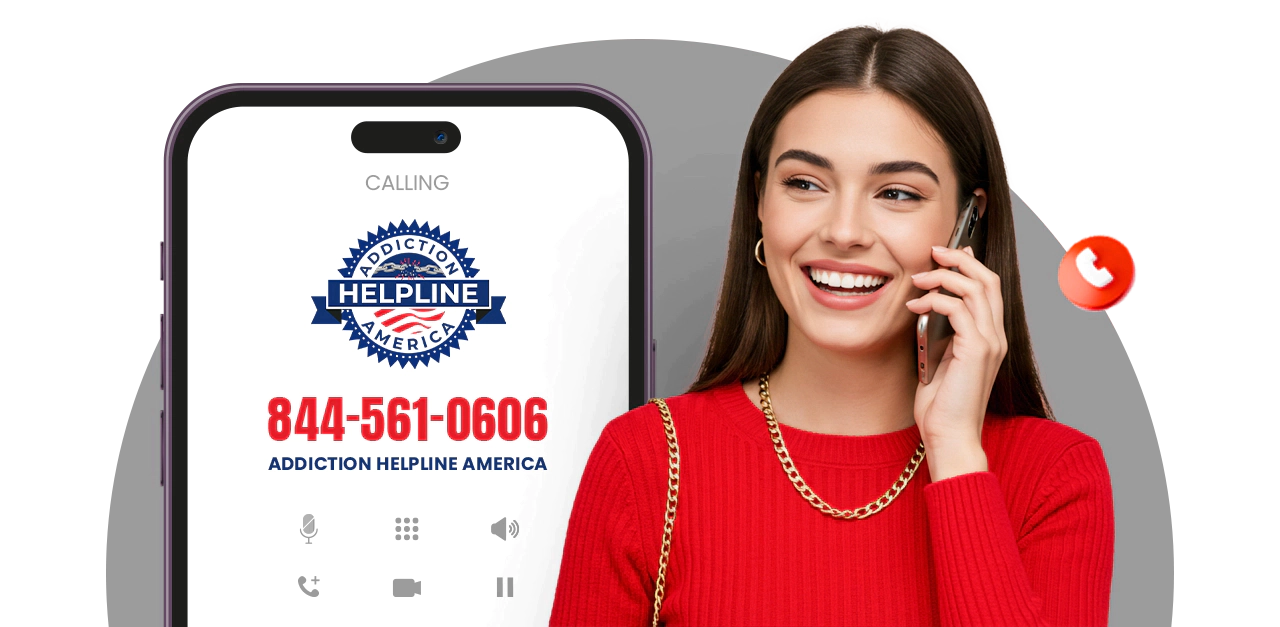Conclusion
Confidential free drug addiction helplines are invaluable resources for individuals struggling with substance use issues. They provide immediate, confidential support, access to resources, and a non-judgmental space to discuss personal challenges. By reaching out to these helplines, individuals can take the first step toward recovery and find the help they need to overcome addiction.
Remember that seeking help is a sign of strength, and you do not have to face this journey alone. The support of trained professionals and a network of resources is available to guide you on your path to recovery. Whether you’re struggling with addiction yourself or supporting a loved one, know that help is out there, and a brighter future is possible.



